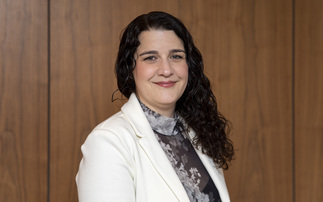Financial directors' hold "ridiculous" expectations for the return on investment of their healthcare benefits and sickness absence spend, the Work Foundation has said.
It also criticised chief executives for only wanting to ensure they are meeting legal obligations and that staff are "not going to be jumping off the roof".
Speaking at Cigna's Work, health and performance debate, Centre for workforce effectiveness at the Work Foundation director Professor Stephen Bevan, said timescales for FDs return on investment expectations were often unrealistic.
"There is all sorts of evidence about productivity, ROI and so on, but one of the problems is the payback time can sometimes be a while and here there's a parallel between mind sets in organisations and in government," he said.
"Because all too often FDs want a return in the quarter in which they make the investment and that's just ridiculous.
"And I think if you have that sort of mentality you might just as well not bother," he added.
Prof Bevan also targeted chief executives for being disinterested in the real importance and impact that heathcare spending and sickness absence management could have on a business.
"You have to look pretty hard for convincing evidence and I still find it difficult to convince chief executives that this is something they should pay attention to," he continued.
"They just want to make sure they are doing no harm, are complying with regulation and that no-one is going to jump off the roof, frankly.
"Of course there are exceptions, but not many," he added.
However, Prof Bevan did acknowledge that getting effective data to support return on investment from sickness absence management was difficult, although significant case studies such as the Royal Mail were available.
"It's a holy grail and not something that's as amenable to actuarial endorsed ROI analysis as we might like," he said.
"The difference in most of the big organisations who have done great things in this area is no-one has ever had to make a business case - someone has just gone off and done a trial, done an evaluation of it and then they get permission as result to extend it and so on."








